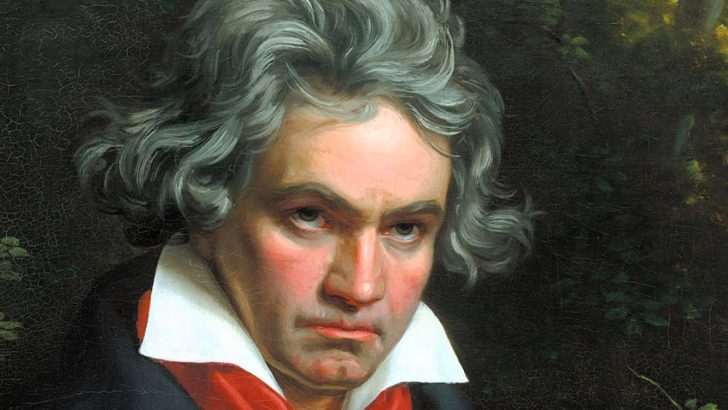One might not think Beethoven could fall victim to Covid-19 but in a way he has. With the closure of our concert venues live performances of his music have either been postponed or abandoned. Unfortunate really as this year celebrates the 250th anniversary of his birth.
At the time of writing, the National String Quartet Foundation (NSQF) is still hoping to commemorate the occasion with recitals of his quartets across the country scheduled between mid-September and mid-December.
This ambitious undertaking is organised by NSQF artistic director Christopher Marwood with many of the musicians Irish-born or based. Keeping fingers crossed, all will go according to plan with Beethoven being especially remembered.
The 16 quartets fall into what has been termed Beethoven’s early, middle and late periods. The first six, published in 1801, were written when he was already well established as an eminent pianist and with his compositions showing his distinct musical personality as well as his penchant for innovation. That being so, his Op 18 quartets owe a great deal to the foundations laid by Haydn and Mozart.
Patron
Beethoven dedicated the set to his music-enthusiast patron, Prince Joseph Lobkowitz (1772-1816). Pleased with the result, he endowed Beethoven with an annual stipend. The quartets were premièred at the Prince’s palace in Vienna by a group of young players led by Ignaz Schuppanzigh (1776-1830), who would become synonymous with Beethoven’s quartets over the ensuing years.
Because of his corpulent figure, the composer liked to call the violinist ‘Falstaff’ and wrote a short and amusing choral piece about him in 1801. Entitled Lob auf den Dicken (In Praise of the Fat One), the first line runs ‘Schuppanzigh is a rogue’.
Completed in 1806, Beethoven’s next three quartets were commissioned by Count Andrey Kyrilovich Razumovsky (1752-1836). He was Russia’s diplomatic representative in Vienna from 1792 and one of the chief negotiators during the Congress of Vienna that resettled Europe in 1814. Beethoven’s relationship with Razumovsky was unique among those of his aristocratic patrons and his friendship with the Count remained cordial and undisturbed.
Beethoven’s Eroica Symphony of 1803 brought a radical change to the musical landscape of the period. Symphonic goalposts had been widened to an extraordinary degree and when he accepted Razumovsky’s commission for the three Op 59 quartets Beethoven’s response redefined the scale and ethos of that particular medium as well. The shock of the new surprised many of his contemporaries, among them his indefatigable allies – the members of the Schuppanzigh Quartet.
However, the strongest reaction came from Italian violinist Felix Radicati, who was well known to the composer. He chided Beethoven with the comment: “Surely you don’t consider these works to be music?” Beethoven’s dismissive answer had a prophetic ring: “Oh, they are not for you, but for a later age.”
Schuppanzigh also railed against the difficulty of the music, conceived by Beethoven for skilled professionals, but the composer retorted gruffly: “Does he really suppose I think of his puling little fiddle when the spirit speaks to me and I write something?”
More on Beethoven’s quartets another time.



